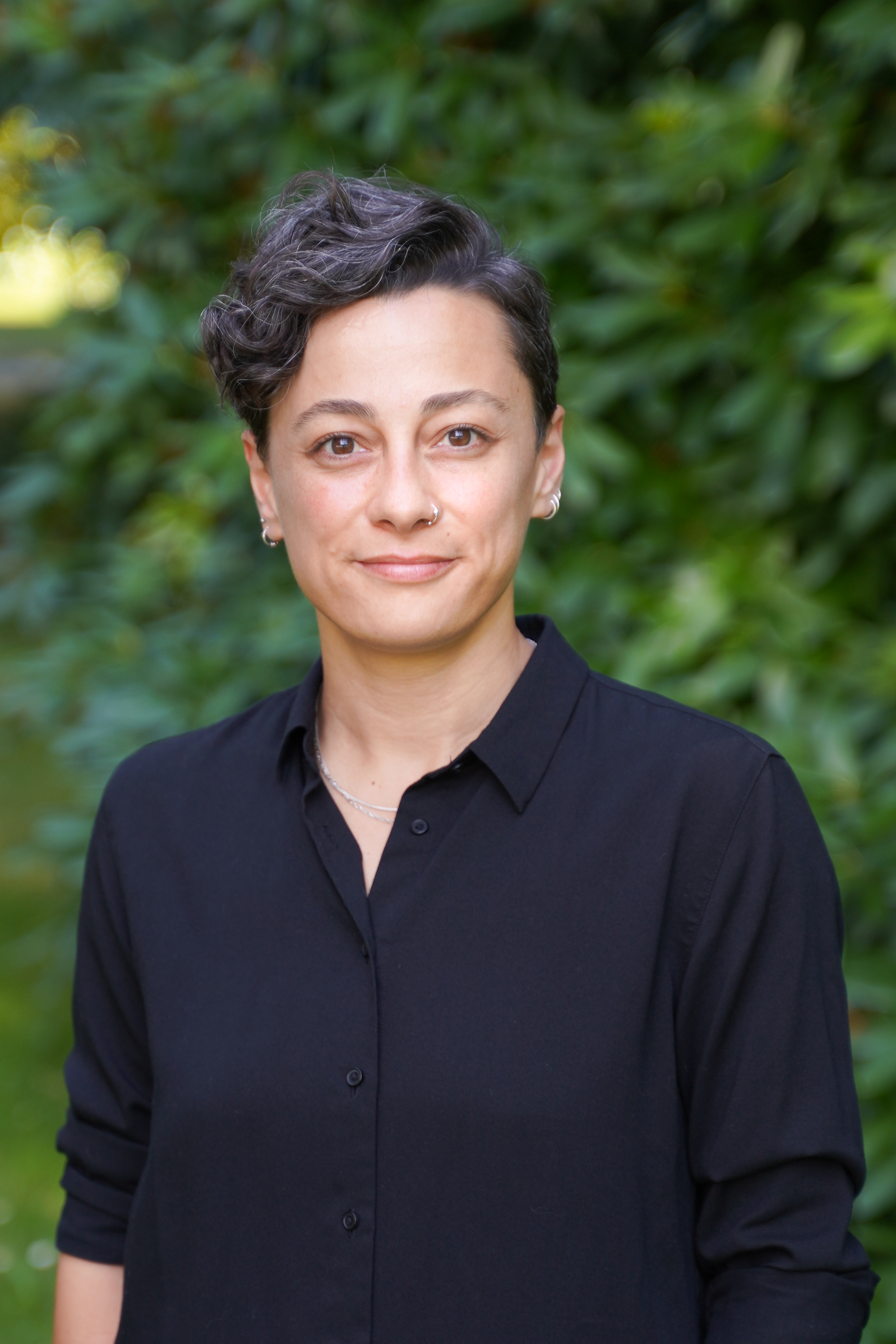Elif Sari
Geography and Methods
Thematic Research Area
Home Department
About
My research draws on ethnographic and community-engaged fieldwork (2014-19) in Turkey with Iranian LGBTQ refugees awaiting resettlement to the United States and Canada. I explore how Iranian refugees cope with the precarious and uncertain form of waiting in small Turkish towns, while negotiating their various positionings as ‘foreigner,’ ‘Muslim,’ ‘queer’ and ‘refugee’ with multiple nation-states, international asylum authorities, national and diasporic NGOs, and local townspeople. Rather than treating waiting merely as a governmental tool that aims to control and demobilize refugees, my ethnography demonstrates that waiting becomes an “active time-space” in which refugees refashion their identities, establish queer kin structures, and cultivate novel forms of care, support, and solidarity, while also feeling intense competition with one another to gain access to resettlement.
